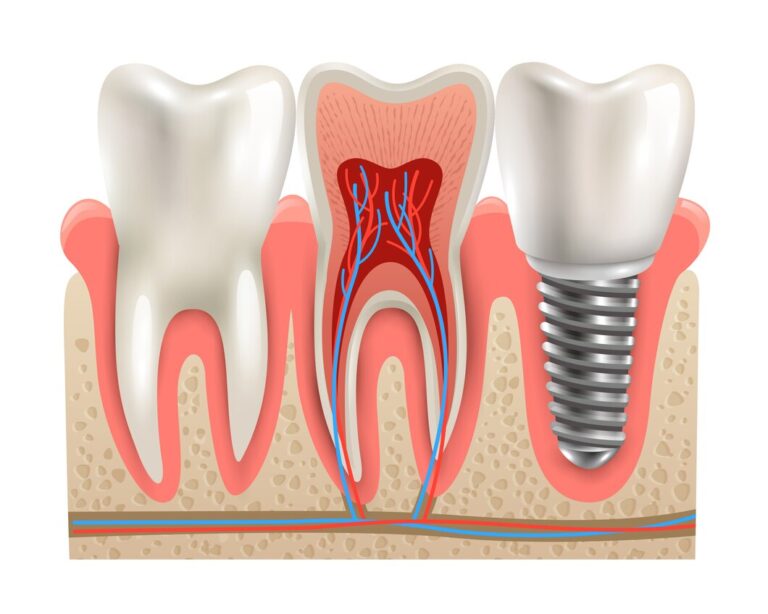Dental implants are an increasingly popular solution for those seeking a permanent, natural-looking replacement for missing teeth. While the prospect of restoring your smile is exciting, choosing the right implant material is a big decision. With advancements in dental technology, numerous materials are available, each offering unique benefits. Understanding your options will help you make a confident and informed choice.
Why Implant Material Matters
The material of your dental implants plays a key role in its durability, appearance, and compatibility with your body. It is not just a matter of aesthetics but also functionality and long-term success. Selecting the appropriate material helps the implant integrate smoothly with your jaw and withstand the daily pressures of chewing and speaking.
Discussing your options with your dentist is key. They will assess factors such as your bone structure, oral health, and personal preferences to recommend the most suitable material. By looking into these factors, you can maximize the benefits of your dental implants while minimizing potential complications.
Titanium Implants: The Gold Standard
Titanium is one of the most widely used materials for dental implants and for good reason. It is known for its exceptional strength, lightweight, and biocompatibility, meaning it integrates seamlessly with the jawbone during the healing process. This process, known as osseointegration, is pivotal to creating a stable and long-lasting foundation for the implant.
Some advantages of titanium implants include:
- Durability and strength, making them long-lasting
- A high success rate due to their biocompatibility
- Versatility in accommodating single teeth or multiple replacements
Zirconia Implants: A Metal-Free Alternative
For individuals looking for a metal-free option, zirconia implants are an excellent choice. Zirconia is a strong ceramic material that offers both durability and aesthetics. It is a single-piece implant, meaning there are fewer parts involved, which some patients may find preferable.
One of the primary advantages of zirconia is its natural appearance. Its tooth-colored finish blends seamlessly with your other teeth, making it nearly indistinguishable. Zirconia is well-suited for individuals who may have sensitivities or allergies to metal-based materials. It’s key to discuss the potential limitations of zirconia, such as reduced flexibility compared to titanium.
Factors to Consider When Choosing Your Implant Material
Making the right choice of dental implants requires more than just selecting a material that looks good. Collaborating with your dentist to explore these options will help you make a choice that aligns with your lifestyle, health, and aesthetic goals. Here are some important factors to research:
- Durability
Assess the strength and longevity of the material, especially if you need implants in areas that endure high pressure, like molars.
- Aesthetics
For a more natural look, materials like zirconia may be preferable for highly visible implants, such as front teeth.
- Medical History
If you have allergies to metals or other materials, share this information with your dentist to avoid complications.
- Lifestyle
Your habits, such as smoking or heavy grinding, may impact the type of material that suits you best.
Making Your Decision on Dental Implants
The decision-making process can feel overwhelming, but you don’t have to go through it alone. Consulting with an experienced dentist helps you receive personalized recommendations tailored to your needs. Remember to prioritize your long-term oral health and comfort when evaluating your options for dental implants. If you have any concerns schedule a consultation today to discuss your options and take the first step toward a healthier smile.

